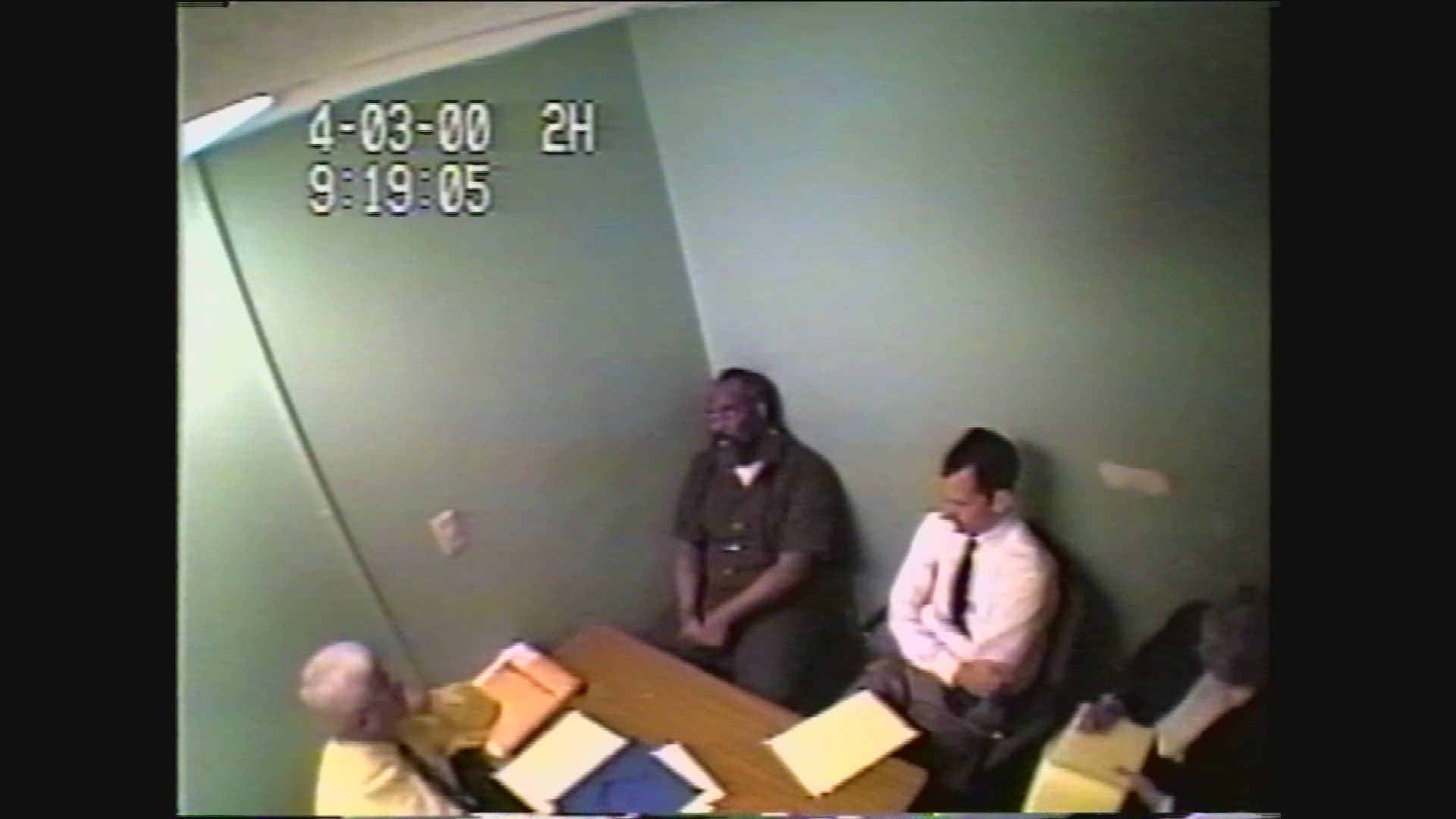COLUMBUS, Ohio — The state of Ohio will pay a Cleveland man nearly half a million dollars as compensation for wrongly imprisoning him for nearly two decades.
Anthony Lemons will receive $491,000 for the 17 years he spent in prison following a wrongful conviction for murder in 1995.
Lemons is among a growing list of exonerated former prisoners who are compensated for the unjust years spent behind bars. Nearly $5 million has been paid out to eight such Ohioans since the beginning of 2020.
The payment to Lemons caps off a decades-long effort to achieve justice in a case which involved prosecutorial misconduct and unreliable evidence.
He was convicted for the 1994 shooting death of 39-year-old Eric Sims. The prosecution’s case revolved entirely around the testimony of a woman who claimed to have been in the Cleveland apartment during the shooting. She testified the gunman shot at her before fleeing the building.
When police initially showed her a line-up of pictures, which included Lemons, she could not identify any of them as the gunman. Police showed her the same group of pictures the next day and this time she identified Lemons, then 20 years old, as the man who shot Sims.
Police conducted an in-person line-up months later and she again identified Lemons as the culprit.
Lemons was convicted in October 1995 of murder and attempted murder; he was sentenced to 21 years to life in prison. His subsequent appeals were unsuccessful and he was denied parole.
His attorneys filed a motion for a new trial in 2009, according to a summary in the National Registry of Exonerations. The database is a joint project of three universities and has tracked more than 25,000 years of wrongful imprisonment across the country since 1989.
Public records requests of police documents revealed that prosecutors kept several key pieces of evidence hidden during the original trial.
Most notably, the witness testified she identified Lemons at the in-person line-up because of his distinctive looking shoes that she claimed he also wore at the crime scene. Prosecutors did not disclose at trial they had learned that type of shoe had not been manufactured until after the murder took place.
Nor did prosecutors disclose that a 12-year-old living in the building reportedly heard the gunshots and witnessed two men leaving the apartment, neither of which matched Lemons’ descriptions.
Lemons was released on parole in 2012 and granted a new trial the following year. Prosecutors presented no new evidence at the retrial — the lone witness from the first trial had since died — and Lemons was therefore acquitted.
Getting compensation was its own legal challenge. State law outlines certain requirements a person must meet to be declared “wrongfully convicted” and thus receive financial compensation.
Lemons’ civil complaint was initially rejected on grounds that he hadn’t established innocence, only that the original conviction was improper.
The state law was expanded in 2018 to make Ohioans like Lemons eligible for compensation if their convictions were overturned due to withheld evidence, Cleveland.com reported.
A Cuyahoga County judge deemed Lemons wrongfully convicted in 2019. This decision was later upheld by the 8th District Court of Appeals, the same court which had upheld his conviction decades earlier.
“All of this has been a long time coming, but every win gets me closer to justice, justice I deserve,” Lemons said in the statement at the time.
The money received by Lemons and others comes from the Ohio Court of Claims’ “Wrongful Imprisonment Fund.”
Since the beginning of 2020, this fund has paid out more than $4.8 million to eight exonerated Ohioans who collectively served 87 years behind bars.
One example involves $775,000 paid out in 2020 to Dale Johnston, who served six years in prison after being convicted of his stepdaughter’s 1982 murder. The conviction was overturned due to police’s reliance on testimony from a hypnotized witness.



